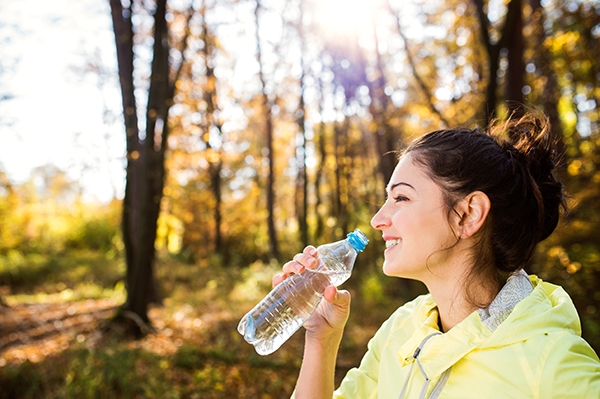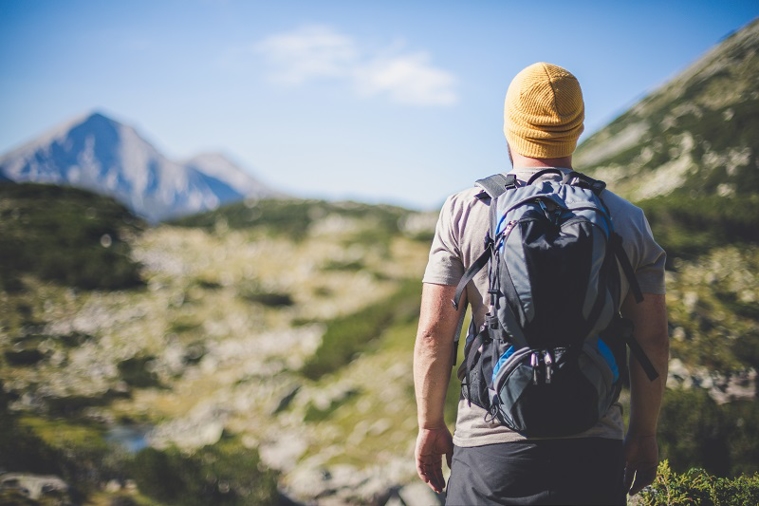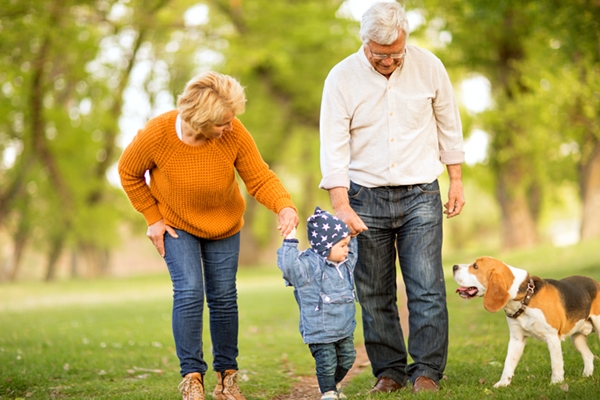Ten tips for avoiding heat stroke
Jun 23, 2022

Extremely hot weather is more than a topic for conversation. It can be a topic for concern.
Every year, hundreds of people die because of extreme heat. That might not come as a surprise — heat waves get a lot of media coverage, no matter where they happen. But here's something you might not know: Heat kills more people than hurricanes, floods, tornadoes and lightning combined.
What makes heat so dangerous? Well, for some people it's hard to escape. Landscapers, construction workers, roofers and others have to work outdoors in all kinds of temperatures. And some people don't have access to air-conditioning at home.
Heat can make you sick in a number of ways:
- Heat rash:This is most common in young children. It appears as a cluster of pimples or blisters. They often pop up on the neck and upper chest, in the groin, under the breasts and in elbow creases.
- Heat cramps:Heat cramps are often the first sign that your body is struggling with the heat. They usually occur when you're working hard and sweating a lot. You may get muscle pains or spasms, often in the abdomen, arms or legs.
- Heat exhaustion:This typically happens to people who are exercising or working hard in the heat. If you sweat excessively, your body may lose too much salt and water, causing symptoms like weakness, cramps and fainting.
- Heat stroke:Your body usually cools itself by sweating. But during heat stroke, a rapid rise in body temperature causes your sweating mechanism to break down. You might have red, hot and dry skin and a rapid pulse, among other symptoms.
Heat stroke can be fatal, so if you or someone near you has symptoms of heat stroke,call 911 and head to the emergency room. For other heat illnesses, visit one ofAdventist Health’s urgent care clinicsif your symptoms are severe or long-lasting. Otherwise, you'll likely feel better if you get to a cooler place, rest and drink fluids.
10 hot tips for beating the heat
Of course, it's always better to prevent heat illness in the first place. To keep your cool this summer, try these tips:
- If you don't have air conditioning at home, seek out places like libraries and malls during the hottest parts of the day.
- If you must go outside, limit activity to morning and evening hours, when temperatures are cooler.
- Wear lightweight, light-colored and loose-fitting clothing — indoors and out.
- Add a wide-brimmed hat, sunglasses and sunscreen when you go outside.
- Drink up! Choose cool, nonalcoholic, low-sugar beverages. Water is great. But sports drinks can be good too if you exercise heavily and aren't on a salt-restricted diet.
- Carry water with you. If you freeze a bottle overnight, you can have ice-cold water at your side whenever you need it.
- Avoid hot foods and heavy meals.
- Chill out with a cool shower or bath.
- Never leave children or pets in cars, even with windows cracked open.
If you know an older person who lives alone, check on that person twice a day during heat waves.
Yummy foods that hydrate
Water isn't the only way to stay hydrated. Many of your favorite foods are water-rich treats. When summer heat hits hard, fill up on fruits and veggies like:
- Watermelon
- Cantaloupe
- Grapefruit
- Carrots
- Celery
- Apples
- Strawberries
- Cucumbers
Oururgent care clinicsare open every day to help you and your family with heat-related symptoms.


